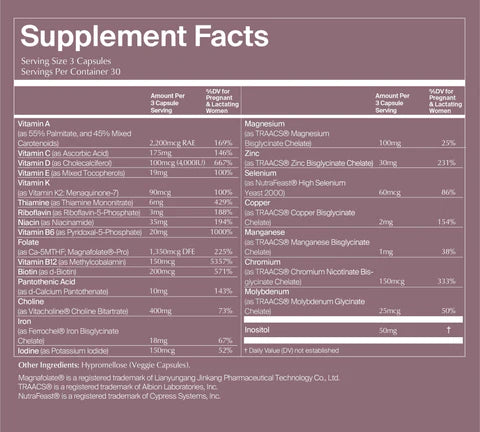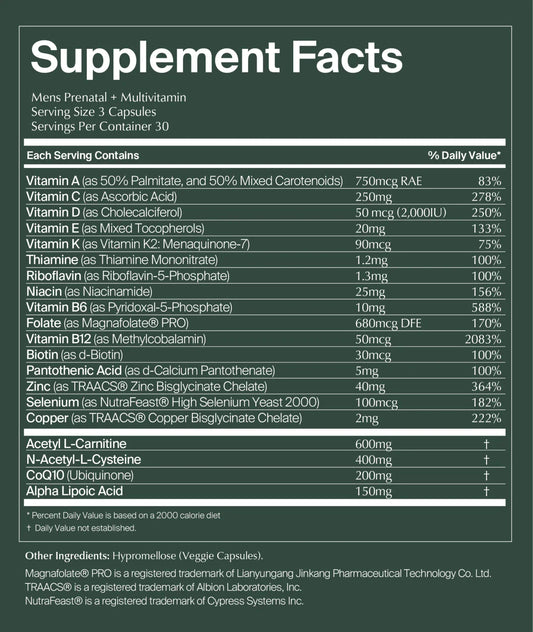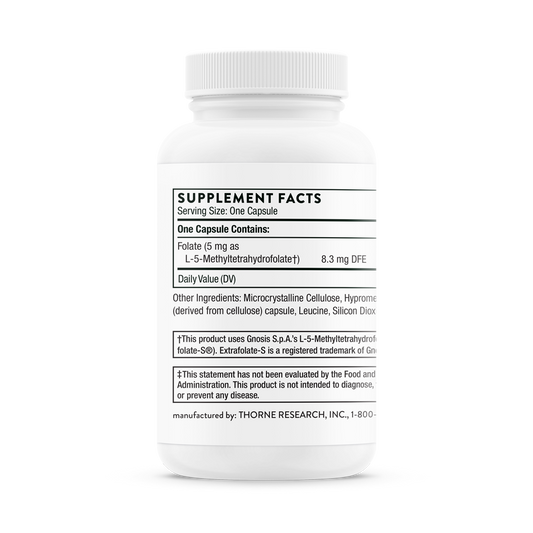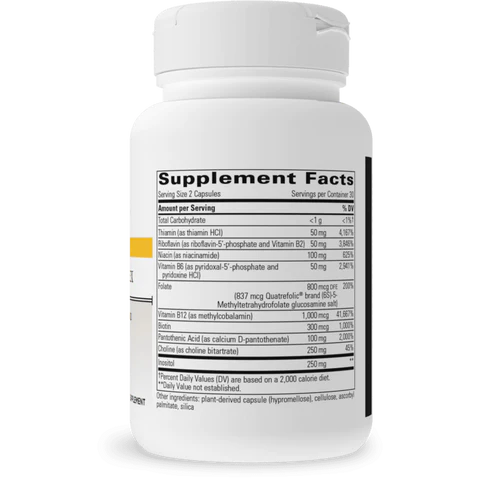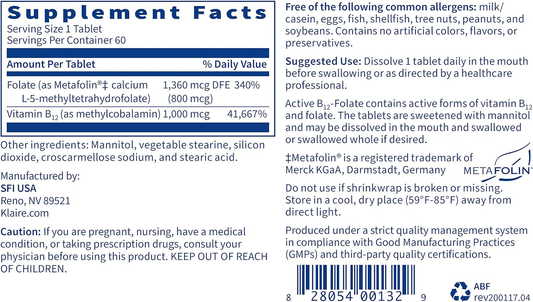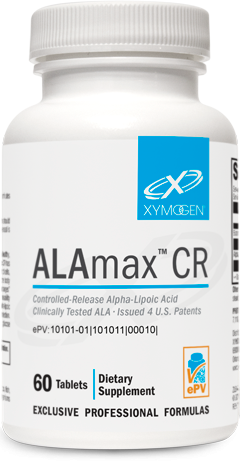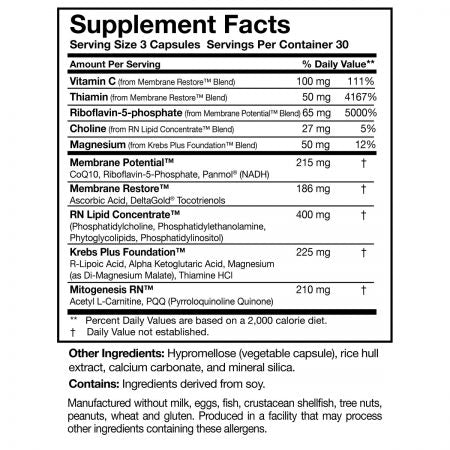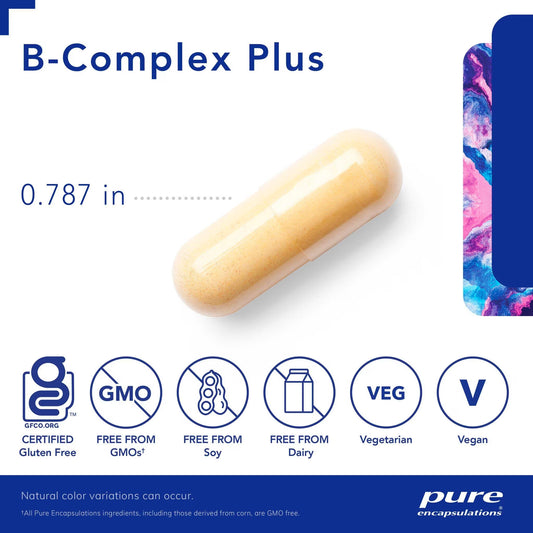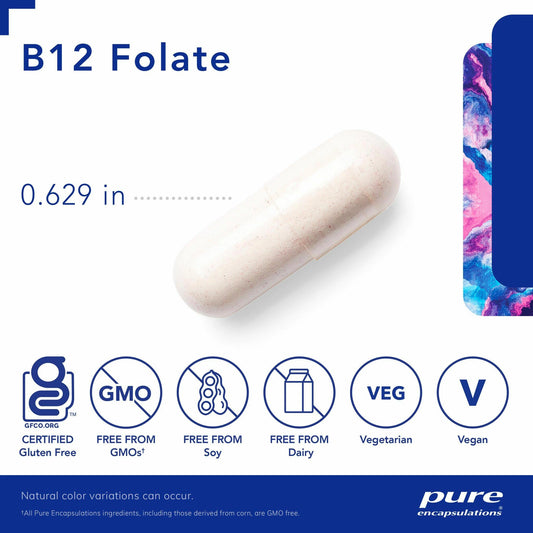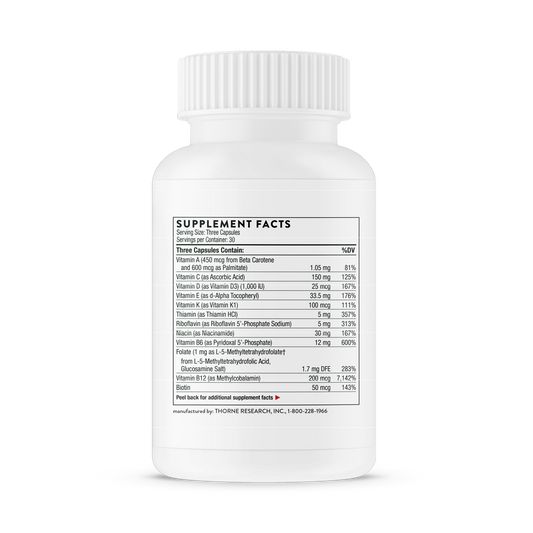Overview
If you or someone you love has struggled with infertility, you know it’s a complex and extremely difficult path to unwillingly walk down. I hope that today’s podcast can lessen that burden, and I promise you it’s not all doom and gloom—many things within our control can reduce the chances of infertility. The reality is that one in six couples struggles with infertility. And while there are many contributing factors, certain components like environmental toxins, nutrient status, and lifestyle choices can move the needle and improve fertility levels. It’s also imperative we stop viewing infertility as only a women's health issue. Men are half the equation and focusing on preconception health as a couple is the most powerful approach. Today, I’m thrilled to sit down with holistic nutritionist, celebrity health coach, bestselling author, and mom of three little boys, Kelly LeVeque, to talk about this pressing issue of our time. Kelly and I talk about:-
- The top causes of infertility in our day and age
- Forever chemicals and how to remove them for the greatest impact
- Why infertility is not solely a women’s health issue
- Epigenetics, spermatogenesis, and how to increase male fertility
- How to combat environmental and emotional stress
- Why WeNatal is our favorite prenatal supplement for men and women
- Which type of folate women need to be taking
- The critical nutrient most prenatal vitamins are missing
- The secret to optimizing sperm and egg quality
- Postnatal depletion, breastfeeding, omega-3 fats, and increased nutrient requirements















